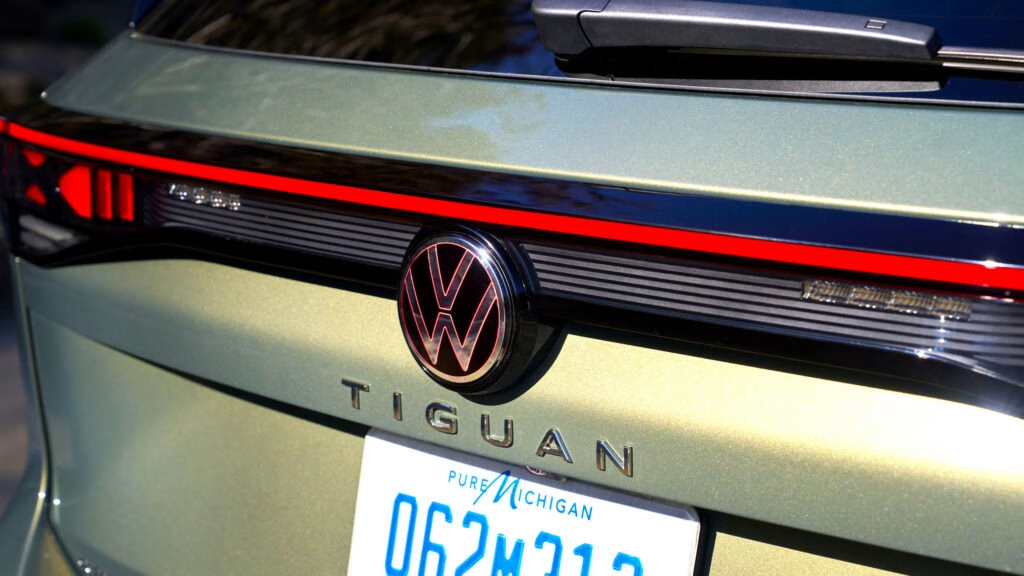What’s the Deal with VW’s Pricing Strategy?
If you’re considering buying a new Volkswagen (VW), you might be feeling a bit anxious about potential price hikes due to economic factors, especially with the ongoing tariff discussions. Here’s the good news: VW has committed to keeping its prices stable through June, despite the rising costs associated with tariffs. This decision is a relief for many shoppers eager to avoid the uncertainty of fluctuating prices.
Why Are Prices Staying Firm?
VW’s decision to maintain its pricing is strategic. The company has already extended its commitment to stable prices through June, building on an earlier promise to keep costs steady through May. This move comes at a time when many consumers are rushing to purchase new vehicles before potential tariff impacts kick in. In fact, VW has reported a 7.1% increase in sales during the first quarter of the year, indicating that buyers are responding positively to the current pricing stability.
Which Models Are Affected?
So, which vehicles will benefit from this pricing freeze? VW has confirmed that several popular models, including the 2025 Atlas, Atlas Cross Sport, and ID.4, will maintain their prices through June. Additionally, the Jetta, Taos, Golf GTI, Golf R, and Tiguan are also included in this pricing strategy. This broad range of models means that whether you’re looking for a compact car or an SUV, you can shop with confidence knowing that prices won’t change in the immediate future.
How Does Local Manufacturing Play a Role?
One of the significant advantages for VW is its manufacturing presence in the U.S. Many of the vehicles produced here have a high percentage of American-made parts. For instance, the ID.4 has been recognized as one of the most American-made vehicles on the market. This local production helps VW absorb some of the increased costs associated with tariffs, allowing them to keep prices stable longer than some competitors might be able to.
What’s Next for VW After June?
While the current pricing strategy is reassuring, the future remains uncertain. It’s likely that VW will closely monitor its sales in the coming weeks to gauge consumer demand before making any decisions about future pricing. If the tariff situation doesn’t change, it’s reasonable to expect that VW may eventually have to raise prices, similar to other brands in the industry.
What Should Buyers Do Now?
If you’re in the market for a new VW, now might be the perfect time to make a move. With prices locked in for the next month, you can take your time to explore your options without the pressure of impending price increases. It’s always a good idea to do your research, compare models, and perhaps even take a few test drives to find the perfect fit for your lifestyle.
The big takeaway? VW’s current pricing strategy isn’t just about maintaining customer trust; it’s a calculated move to navigate economic uncertainties. If you’re eyeing a new VW, consider making your purchase soon. Start with one change this week, and you’ll likely spot the difference by month’s end.

